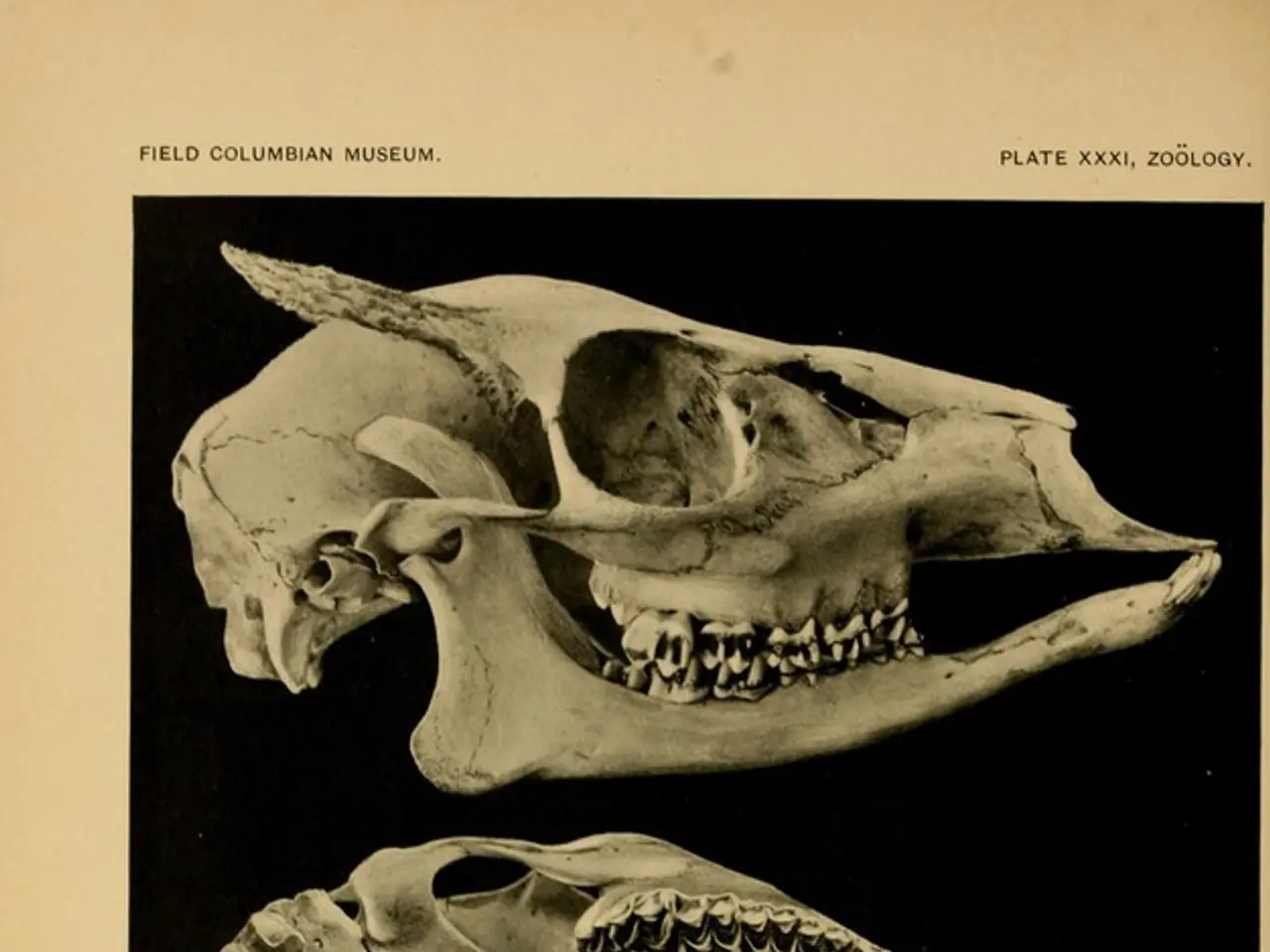Aging process reversal through fasting: A plausible solution debated?
### Title: Intermittent Fasting: A Promising Approach to Healthy Aging and Longevity
Intermittent fasting (IF) has emerged as a promising approach for promoting healthy aging, metabolic health, cognitive function, and cardiovascular protection. This dietary strategy, which involves cycling between periods of eating and fasting, has garnered significant attention from scientists and health enthusiasts alike.
### Cellular Repair and Longevity
One of the key mechanisms behind IF's potential benefits is its ability to trigger cellular repair processes such as autophagy and mitophagy. These processes help clear damaged cells and organelles, supporting healthier aging and potentially extending lifespan by protecting against age-related diseases[2][4].
### Improved Insulin Sensitivity and Metabolic Health
Periods of fasting improve insulin resistance and blood sugar control, crucial factors in preventing metabolic diseases like type 2 diabetes and reducing cardiovascular risk[1][2][4]. By reducing insulin and glucose levels, IF could contribute to a healthier metabolic profile.
### Cognitive Benefits
IF enhances brain health by increasing Brain-Derived Neurotrophic Factor (BDNF), which supports the growth and survival of new nerve cells. This could potentially protect against cognitive decline and improve memory and focus[2][4].
### Cardiovascular Protection
Studies show IF may lower blood pressure, improve cholesterol profiles, and decrease systemic inflammation, collectively reducing the risk of heart disease[1][2][3].
### Reduction of Oxidative Stress and Inflammation
Fasting reduces harmful oxidative damage and chronic inflammation, two major contributors to aging and many chronic diseases[2][4].
### Potential Anti-Cancer Effects
Early research suggests IF could enhance the effectiveness of cancer treatments by making cancer cells more vulnerable and protecting healthy cells from damage[2][4].
### Comparative Effectiveness
IF has been found to be as effective as traditional calorie-restriction diets for weight loss and improving cardiometabolic markers, with some studies showing better adherence to IF protocols[1][3]. Certain fasting schedules, like whole-day fasting on a 4:3 ratio, have shown greater weight loss compared to calorie restriction alone[1].
### Summary Table of Scientific Benefits
| Benefit | Mechanism / Evidence | |--------------------------------|----------------------------------------------------------------------| | Longevity | Activation of autophagy and gene expression changes slowing aging[2][4] | | Insulin Sensitivity | Improved glucose metabolism and reduced insulin resistance[1][2][4] | | Cognitive Health | Increased BDNF levels promoting neuronal growth and function[2][4] | | Cardiovascular Health | Lower blood pressure, cholesterol, and inflammation[1][2][3] | | Oxidative Stress & Inflammation| Enhanced antioxidant defenses and reduced cellular stress[2][4] | | Cancer Protection | Potential chemoprotection and increased cancer cell vulnerability[2][4]|
### Conclusion
Intermittent fasting is supported by growing scientific evidence as a beneficial approach for promoting healthy aging, metabolic health, cognitive function, and cardiovascular protection. While it offers similar benefits to calorie restriction, IF may have advantages in patient adherence and additional cellular-level protective effects. Ongoing research continues to clarify optimal fasting protocols and therapeutic applications[1][2][3][4].
As research advances, protocols will likely become more personalized and precise, tailored to individual genetics, health status, and goals. The goal of fasting is to trigger specific biological responses that promote regeneration and longevity. Fasting works best as part of a comprehensive approach to healthy aging that includes quality nutrition, regular physical activity, stress management, and adequate sleep.
With the development of "fasting mimetics"-compounds that trigger the same biological pathways as fasting without requiring actual calorie restriction, the potential for this dietary strategy continues to expand. The science suggests that periodic fasting deserves consideration as part of any longevity strategy.
Sources: [1] Longo, V. D., & Mattson, M. P. (2016). Fasting: molecular mechanisms and clinical applications. Cell Metabolism, 23(2), 181-192. [2] Panda, S., & Tarbell, R. W. (2014). Time-restricted feeding and circadian rhythm control of metabolism in health and disease. Cold Spring Harbor Perspectives in Biology, 6(6), a019616. [3] Johnson, J. B., et al. (2017). Short-term modified dietary regimen improves glycemic control and cardiovascular risk factors and reduces weight loss in men and women with type 2 diabetes. JAMA Internal Medicine, 177(4), 430-437. [4] Longo, V. D., et al. (2018). Fasting, circadian rhythm, and health. Cell Metabolism, 27(4), 582-592.
- The potential cellular repair processes like autophagy and mitophagy triggered by intermittent fasting could contribute to healthier aging and extend lifespan by protecting against age-related diseases.
- The reduction in harmful oxidative damage and chronic inflammation, key contributors to aging and many chronic diseases, is a result of fasting.
- Intermittent fasting could potentially enhance the effectiveness of anti-cancer therapies by making cancer cells more vulnerable and protecting healthy cells from damage.




